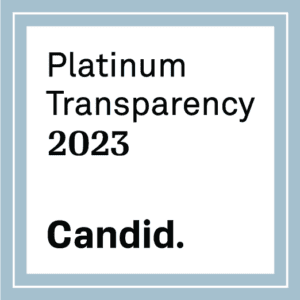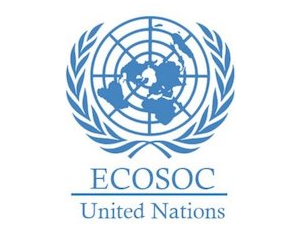International Experiences: Witnessing the Merger of Public Health & Medicine
“Global Health is Public Health”
Nothing makes for fodder amongst academics and medial professionals like definitions. In the case of global health there are more than a few. One definition was put forth for the Executive Board of the Consortium of Universities for Global Health (CUGH) by Jeffrey Koplan, MD, MPH, a physician, author and academic. Another definition, offering a challenge to the often idealized concept, was proposed by a physician from the Global South as “a concept fabricated by developed countries to explain what is regular practice in developing nations.” During this, the 19th annual National Public Health Week, let’s consider the definition of global health that appeared in The Lancet, “Global Health is Public Health.”

Abroad, physicians and other practitioners in resource-restricted settings act simultaneously as caregivers for both individual patients and populations as a whole. The marriage of public health, clinical medicine, and health systems is cost-effective, pragmatic, and successful. Slowly the US is catching on, as primary care physicians start to look at their patients, not only individually, but also as panels with certain disease profiles that can be monitored for population-based perspectives. Similarly, experts have called on medical schools to be accountable to their communities in the Social Accountability of Medical Education movement, suggesting schools success cannot be measured without considering impacts on their own community’s health status.
Discovering Public Health in International Experiences
As head of Child Family Health International(CFHI), students interested in CFHI’s Global Health Education Programs often approach me and ask “What programs are focused on public health?” or conversely, “I want a program solely focused on clinical medicine, not public health.” What they soon learn upon beginning their CFHI experience, however, is the important reality that in many low and middle-income countries the lines between public health and biomedicine are very much blurred. This is largely out of necessity demanded by sparse or finite resources, as well as evidence-based and systems approaches to health.
International experiences focused on global health such as CFHI’s have so many proven benefits—studies have shown increased cultural competency, better understanding of caring for people with limited supplies, and a nurturing of lifetime dedication to underserved care. Importantly, they also increase board scores in public health. So, rather than asking “how can I find an international experience focused on public health?” consider the question, “how can I find the public health in my international experience?”
How have you found the public health in your international experiences? Let us know in the comments below.
Search here anything
Categories
- Academic Partnerships (4)
- CFHI Model (28)
- Cultural Humility (46)
- Ethics (44)
- Gender Equality (1)
- Global Health (68)
- Global Health Education (89)
- Global Health Elective (33)
- Human Rights (2)
- Local Experts (51)
- Medical Electives (41)
- Promotional Works (1)
- Public Health (17)
- Rotations (29)
- Student Spotlight (8)
- Study Abroad (10)
- Uncategorized (35)
- Volunteering Internationally (50)
Tags
Categories
- Academic Partnerships (4)
- CFHI Model (28)
- Cultural Humility (46)
- Ethics (44)
- Gender Equality (1)
- Global Health (68)
- Global Health Education (89)
- Global Health Elective (33)
- Human Rights (2)
- Local Experts (51)
- Medical Electives (41)
- Promotional Works (1)
- Public Health (17)
- Rotations (29)
- Student Spotlight (8)
- Study Abroad (10)
- Uncategorized (35)
- Volunteering Internationally (50)




